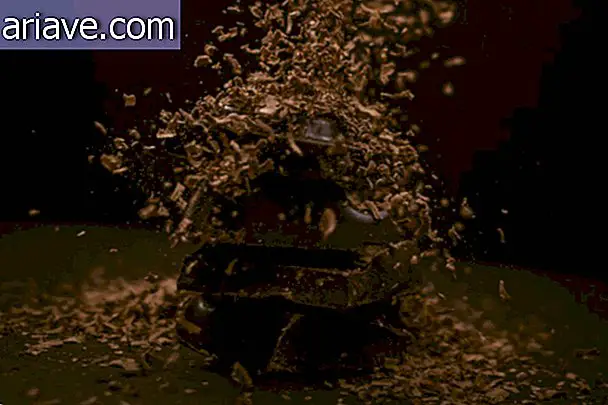Vocal chords successfully recreated in lab
Researchers at the University of Wisconsin Medical School published a study in Science Translational Medicine claiming that they were able to develop 170 sets of vocal cords in the laboratory.
"We had never imagined seeing this level of functioning, " researcher Nathan Welham told Buzzfeed US, saying that created organisms do not require a "course of immunosuppressants, " just like conventional transplants.
To read what was published in the journal Science Translational, click here.

Development
Several cell samples were collected from four volunteers and one cadaver. Thus, they were grown in collagen structures. According to the researchers, it took about two weeks for them to grow and turn into vocal cords.
When the stage was completed, those involved placed the bioengineering larynx as a graft in the kidney of laboratory rats. The tests have not been rejected by animal bodies, showing that the success rate for replacing damaged vocal cords in humans can be high.
Despite all this success, several tests are still needed - even to use the samples on larger animals. The next steps are to perform immunosuppressive tests. So if your eyes were already shining and thinking that you could get into the knife to replace the vocal cords, you still have to wait a few long years.
Do you think it's important to create "new vocal chords" in the lab? Comment on TecMundo Forum
Via TecMundo.











